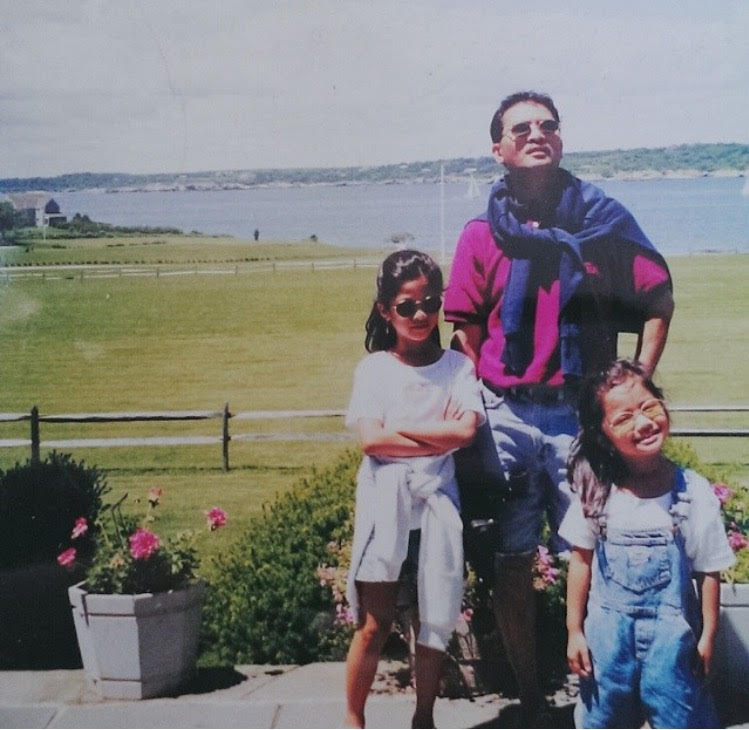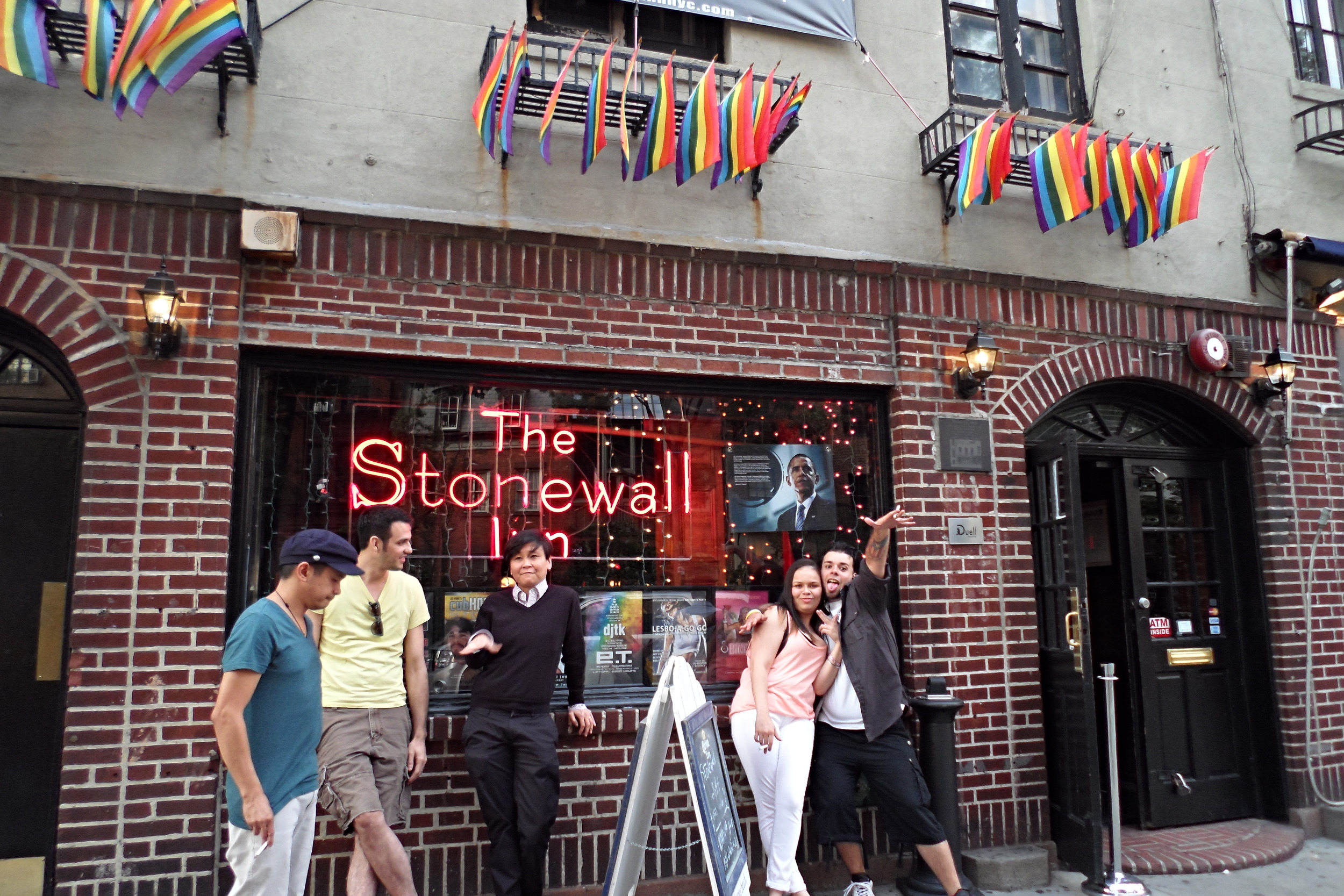The below submission is one of future stories to be told under the #AmIFilAm blog series.
Inspired by our past blog series #FKEDUP, UniPro wants to delve deeper into identity struggles that all Filipinos face in the community. We want to challenge what it means to be Filipino and to encourage readers to contribute their unique qualities to shape the idea of Filipino identity. The series is intended to discover how you value yourself as an individual and how you value yourself within the Filipino community.

My dad had three topics he relied on for storytelling:
1) Religious miracles he’d overheard or sworn had happened to him
2) Occurrences in the child psychiatric unit he worked in at the hospital
3) His childhood
Story types 1 and 2 tended to blur together in my mind. He would talk about praying over an anxiety-riddled child and simultaneously inspiring the child to start eating again. I usually found these stories hard to believe so I paid little attention to their message. But the stories of his childhood stood out in stark contrast among the rest. He grew up as one of thirteen children. He lived in a house with a makeshift metal roof. He sometimes hid his ulam[1] underneath his rice just to trick his parents into giving him more to eat. He didn’t have any toys. He played with the neighbors out in the street and a stray dog he named Batman.
I was one of two children. I grew up in a house with a mortgage that was paid by the time I was in sixth grade. I was a picky eater and often left half of my plate uneaten. I had two shelves filled with beanie babies that were gathering fine layers of dust.
From his stories, I was able to piece together a common message: if you want a good life for your children, you need to have the means to provide for them. These ‘means’ were universally interpreted as having a high paying job. My dad wanted to become a doctor, but lacked the money to pay for the many years of schooling required. He settled for becoming a nurse, moved to the states, met my mom (who was also a nurse), had two girls, and now happily works in Manhasset where he’s supplied with material for story types 1 and 2 daily.
There was a formula he applied to his life, that my mother also applied to hers and later my sister to hers. The formula was to pick a career that was respectable, always hiring, and paid well. My parents were thrilled about their eldest daughter completing her degree in nursing. She found work immediately and makes enough to rent her own apartment in a prime location of Brooklyn.
But what about their strange, little bunso[2]?
I became severely stressed about finding a career path that would make me money. Every career my parents suggested I go into, from physical therapy to nursing, was based on a potential paycheck. I grew numb from trying to find an alternative degree that I’d be happy with, and enrolled in a college heavily focused on pumping out professionals in the medical field. The guilt I carried from being a first generation Filipino with all these privileges bestowed upon me definitely influenced my choices. How could I grumble about an education being paid for out of pocket when my dad grew up not able to even afford school lunch some days?
The first two years of my academic college career were unremarkable and lacked passion. I remember crying to my mother over lacking the passion for the future that all my peers seemed to have. My peers were excited to become doctors. They knew that the studying involved was tough, but they were driven by their end goal. They had a passion I couldn’t replicate, as hard as I tried. My end goal was wealth while theirs was to save lives.
Feeling disconnected from my peers, I attended a meeting of a Filipino based organization at my school. Here, I thought, maybe I could relate to others who are being pressured by their parents with similar circumstances. It was at this meeting I was introduced to UniPro and the young professionals associated with the organization. I attended my first Summit conference on a whim, and in a random turn of events, my ‘end goal’ transformed.
Being exposed to Filipinos who were in fields other than medicine really blew my mind. These people were chefs, news anchors, and artists. One even worked at the White House. From their stories, I was shaken from my belief that there is a set formula to follow growing up. Instead, it was more than okay to try or fail at pursuing your passions. Being able to look up to successful, young professional Filipinos really changed the game for me.
They were living, breathing examples of end goals
not based on money, but passion.
Here’s the thing about my dad’s stories: I think I was interpreting them wrong all this time. He did not tell them with the intention of making me feel guilty of all my privileges. He told his stories to remind me that I had opportunities present he never had, and would be a fool not to take advantage of them. His stories have shaped my upbringing for as long as I can remember, but now it is time for me to set my own narrative.
[1] ulam: main dish
[2] bunso: youngest in the family


